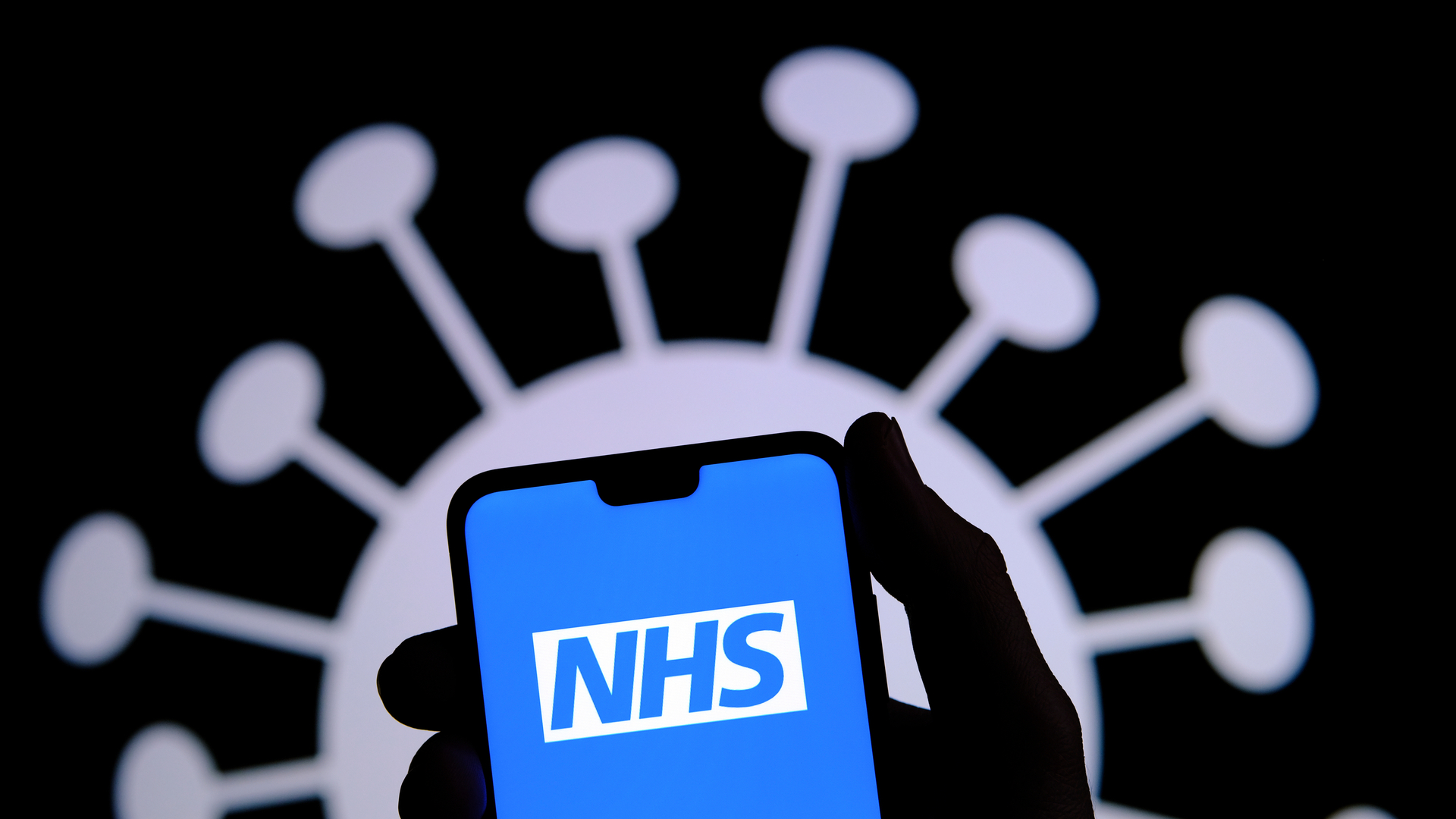Apple and Google block NHS COVID-19 app update
The update breached the tech giant's rules about collecting and sharing location data


Apple and Google have blocked a new update to the NHS COVID-19 app on iOS and Android because it breaks rules about collecting location data.
The new update to the contact-tracing app, which garnered much publicity last year due to its development back-and-forths, delayed launch, and ‘software glitches’, would have asked users to upload venue check-ins, thereby sharing location data.
The update was set to be released to coincide with the reopening of outdoor hospitality venues in England, with pub gardens and terraces being allowed to welcome back guests on 12 April. If a person tested positive for COVID-19 after visiting a venue, other people who had also visited the place could be alerted of the possibility that they too might have contracted the virus.
However, the function never made it to users’ phones, as the BBC reports that the update had been blocked due to a breach of Apple and Google’s joint Exposure Notifications rules, which bans apps from sharing “location data from the user's device with the public health authority, Apple, or Google”.
The NHS COVID-19 app must comply with the regulations due to it being based on the decentralised API model developed by Apple and Google, which stores the information collected through the app on users’ devices and only shares only a limited amount of data with epidemiologists monitoring the pandemic.
Prior to settling on the Apple-Google API model, the UK government famously considered a centralised coronavirus contact-tracing app which was heavily criticised by privacy campaigners.
Despite the update being blocked from the Google Play and App Store, a spokesperson for the Department for Health and Social Care (DHSC) told IT Pro that the “deployment of the functionality” had been merely “delayed”.
Get the ITPro daily newsletter
Sign up today and you will receive a free copy of our Future Focus 2025 report - the leading guidance on AI, cybersecurity and other IT challenges as per 700+ senior executives
The spokesperson added that the issue “does not impact the functionality of the app” and that DHSC is “in discussions with [its] partners to provide beneficial updates to the app which protect the public”.
RELATED RESOURCE

“As venues begin to open up we encourage everyone who can to use the enhanced venue check-in process, which includes advising users to book a test if they attend venues where multiple people have tested positive,” they added.
Apple and Google were not immediately available for comment.
Ray Walsh, digital privacy expert at ProPrivacy, said that the tech giant's decision to block the update “appears to reveal that the government was attempting to deceive the public into believing that location data would still be handled in an appropriately secure and private manner”.
“The Department of Health claimed that the UK’s app would continue to handle data in a private and decentralised manner even if users shared their check-ins to protect fellow users, however, it seems that in reality, the feature would require a centralised repository of data to be amassed by the authorities,” he added.
“It is now clear that the government either misunderstood how it can leverage the technology provided by Google and Apple, or was hoping to sneak this update in the back door and get people to opt-in to a centralised approach without providing transparency about exactly what they were doing.”
Having only graduated from City University in 2019, Sabina has already demonstrated her abilities as a keen writer and effective journalist. Currently a content writer for Drapers, Sabina spent a number of years writing for ITPro, specialising in networking and telecommunications, as well as charting the efforts of technology companies to improve their inclusion and diversity strategies, a topic close to her heart.
Sabina has also held a number of editorial roles at Harper's Bazaar, Cube Collective, and HighClouds.
-
 Should AI PCs be part of your next hardware refresh?
Should AI PCs be part of your next hardware refresh?AI PCs are fast becoming a business staple and a surefire way to future-proof your business
By Bobby Hellard
-
 Westcon-Comstor and Vectra AI launch brace of new channel initiatives
Westcon-Comstor and Vectra AI launch brace of new channel initiativesNews Westcon-Comstor and Vectra AI have announced the launch of two new channel growth initiatives focused on the managed security service provider (MSSP) space and AWS Marketplace.
By Daniel Todd